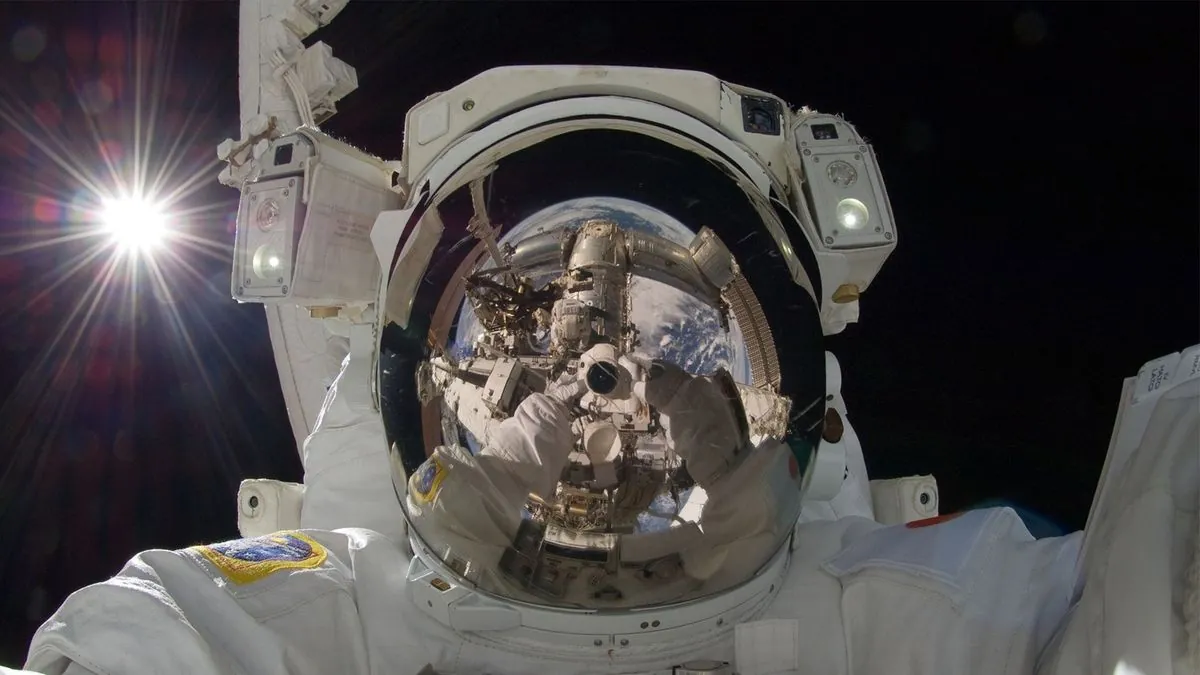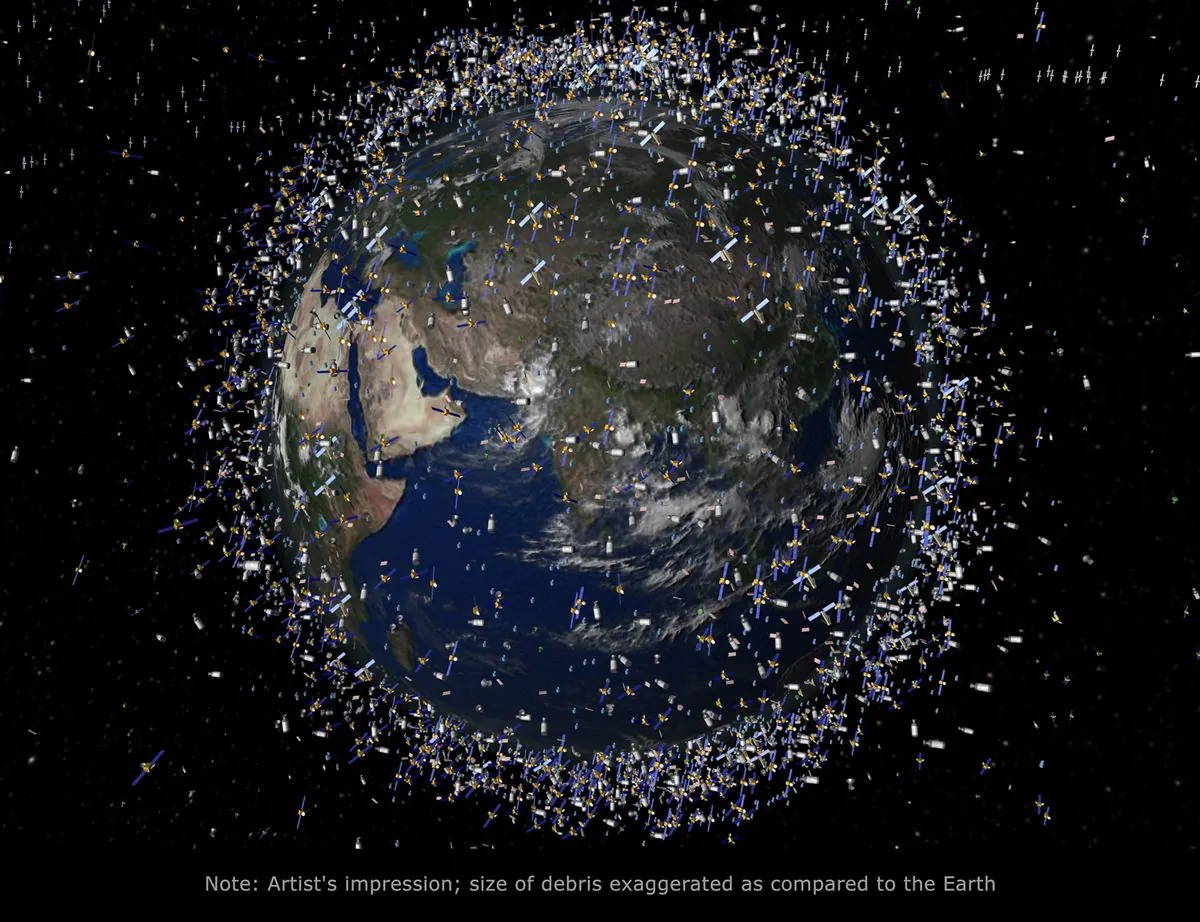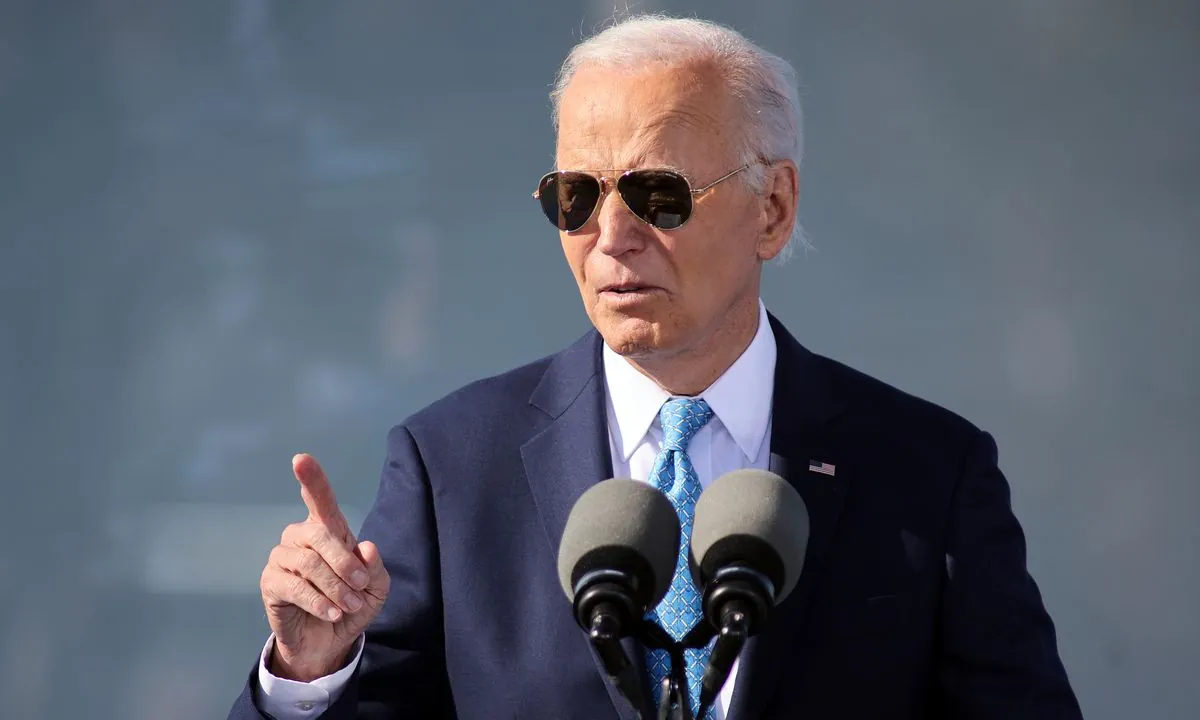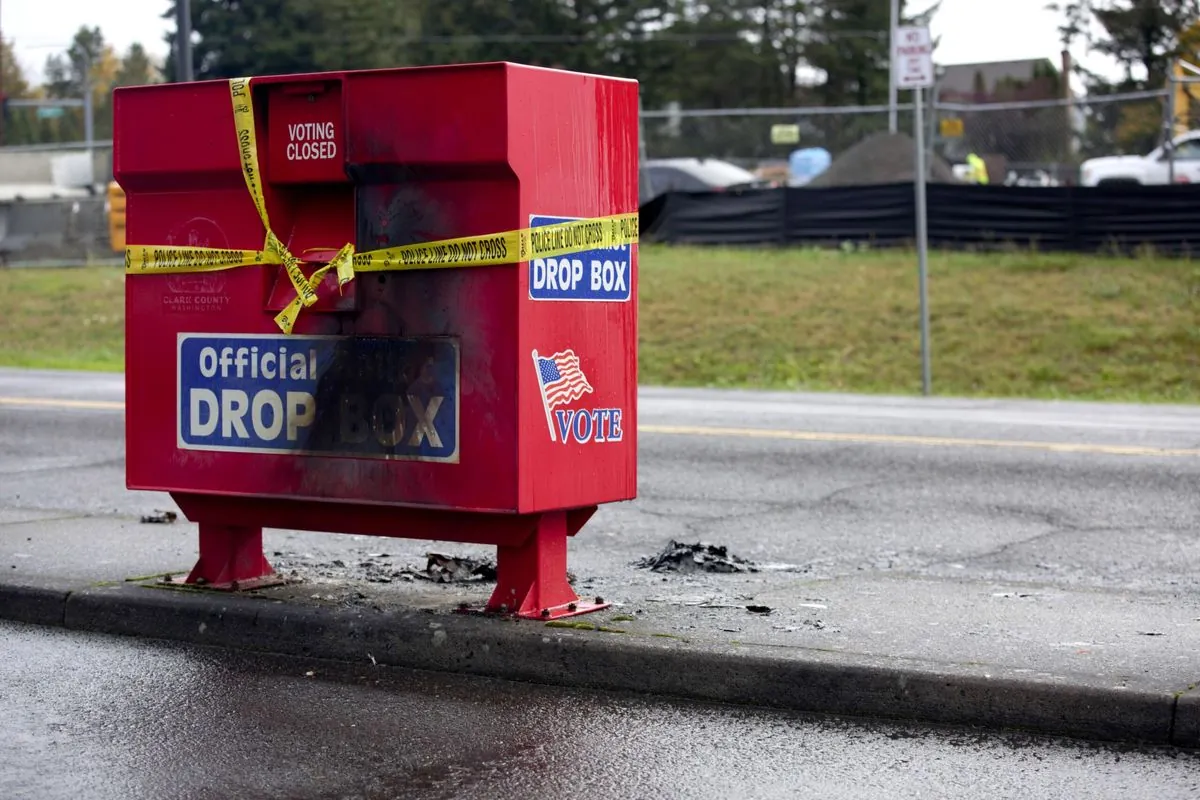US-China Space Cooperation: A New Frontier for Diplomacy?
As US presidential candidates emphasize competition with China, space exploration emerges as a potential avenue for cooperation. Addressing space debris and joint Mars missions could foster trust and advance scientific discovery.

In the current US presidential campaign, both parties are emphasizing the importance of competition with China. However, the complex reality of this rivalry presents an opportunity for cooperation in an unexpected arena: space exploration.
Kamala Harris, the Democratic vice presidential nominee, recently pledged to ensure "America, not China, wins the competition for the 21st century." Meanwhile, Republican nominee Donald Trump has been vocal about raising taxes on Chinese imports to maintain US global leadership. These statements reflect the ongoing tension between the two nations, which has intensified since the end of the Cold War.
The United States and China, despite their differences, are increasingly well-matched rivals. America boasts significant soft power, cultural influence, and technological innovation. China, on the other hand, has become a major force in international trade and military capabilities. This competition between two distinctly different but formidable powers requires creative management to avoid zero-sum contests.
Space exploration presents a unique opportunity for collaboration. Currently, US law prohibits cooperation with China in space, a restriction that has been in place since 2011. However, two pressing issues highlight the need to reconsider this stance:
- Space debris management
- Mars exploration

The proliferation of space debris poses significant risks to manned missions and satellites. Both the US and China have contributed to this problem, with a recent incident involving a failed Chinese rocket serving as a reminder of the growing danger. Collaboration on this issue could build trust between the nations and demonstrate responsible space stewardship.
"Space debris is a global problem that requires international cooperation. We must work together to ensure the safety of our astronauts and the functionality of our satellites."
Mars exploration represents an even more ambitious opportunity for cooperation. Both countries are investing heavily in lunar missions, largely as stepping stones to Mars. The challenges and costs associated with Mars exploration are immense, but so are the potential scientific rewards.
Neil Armstrong's historic moon landing in 1969 marked a significant milestone in space exploration. Since then, space technology has advanced dramatically. The International Space Station, continuously occupied since November 2000, demonstrates the potential for international cooperation in space. More recently, China's Tianwen-1 mission successfully landed a rover on Mars in 2021, showcasing the country's growing capabilities in space exploration.
Collaboration on Mars missions could reduce costs, accelerate scientific discovery, and foster a sense of common purpose. It could also help address concerns about the dual-use nature of space technologies, as increased transparency and cooperation could build trust between the two nations.
As the United States and China navigate their complex relationship, space exploration offers a unique opportunity to move beyond competition and towards collaboration. By working together to address challenges like space debris and Mars exploration, these two global powers could not only advance scientific knowledge but also pave the way for a more cooperative future on Earth and beyond.


































